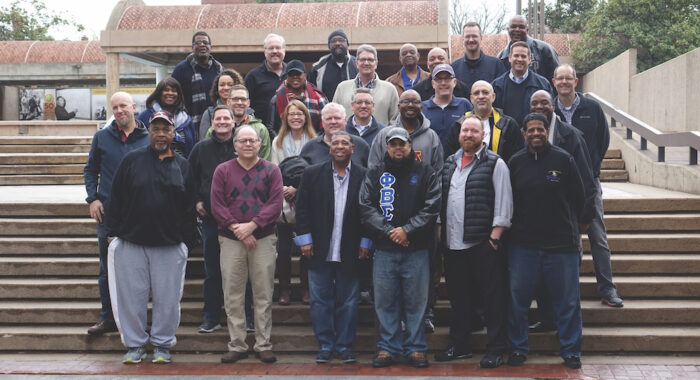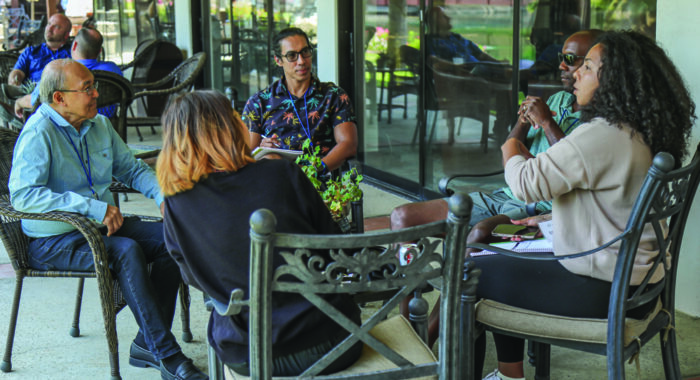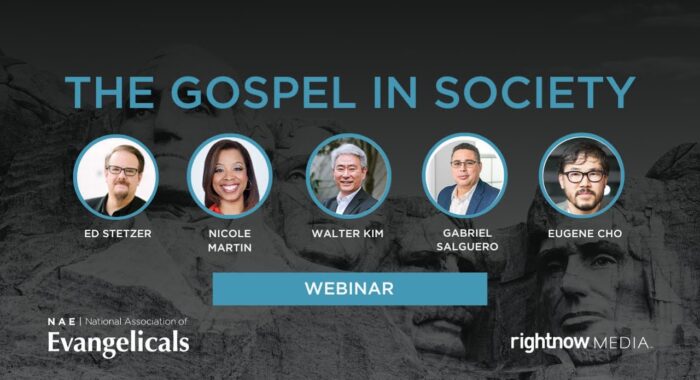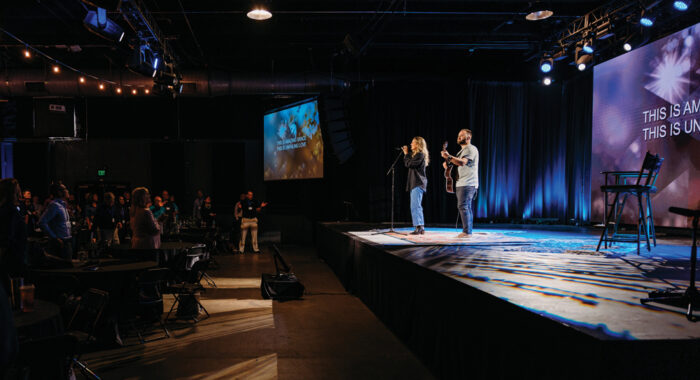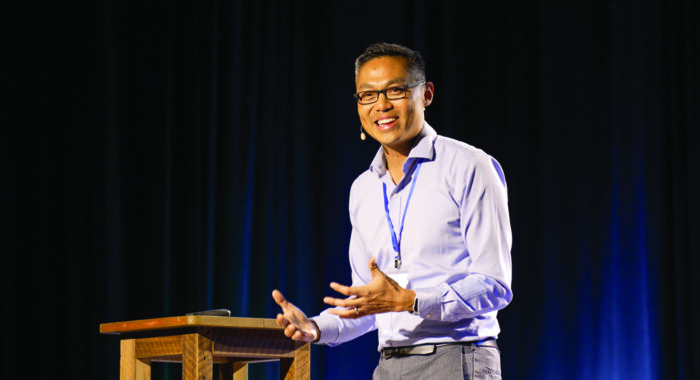Owen Strachan serves as assistant professor of Christian theology and church history at Boyce College in Louisville, Kentucky. In addition, he is executive director of the Council for Manhood and Womanhood. Strachan is a contributing writer for The Gospel Coalition, a research fellow of the Ethics and Religious Liberty Commission of the Southern Baptist Convention, and a fellow of the Center for Pastor-Theologians. He holds an M.Div. from The Southern Baptist Theological Seminary and a Ph.D. from Trinity Evangelical Divinity School.
I grew up in New England, or as it is more properly known in some circles, “Red Sox Country.” This was the 1980s and 90s, long before the World Championships of recent years. You grew up a Red Sox fan in those decades, and you had to get accustomed to pessimism. The Sox had talent over the years, but somehow it never gelled, and so one became accustomed to a narrative of decline.
The same is true of another American institution I love: evangelicalism. Born in gospel hope several centuries ago, the evangelical movement in America exploded in the 19th century, becoming the dominant cultural paradigm. This held into the first third of the 20th century, when the upper echelons of society shifted toward a more secularist orientation. Despite a postwar evangelical boom, many Christians today — aware of their country’s continuing shift away from its Protestant foundation — are inclined to predict a gloomy future for the movement.
There are surely ill events afoot in the broader culture today. For example, you may have heard that the Nones, those who have no religious affiliation, have grown in numbers in recent years; they’re up almost 15 percentage points over the last 20 years. But there are also some surprising signs of life in this country, not least in American evangelicalism, which roared to life in a similarly perilous time seven decades ago, led by Harold Ockenga, Carl F. H. Henry and Billy Graham. This data is basically unknown, but the nonpartisan General Social Survey, which measures major trends in America, recently released data showing that during the last decade, those claiming affiliation with “evangelical” rose from 23 percent to about 26 percent.
But it gets more encouraging. As reported by Ed Stetzer and Christianity Today, among adults under 30, nearly 24 percent claim to be evangelical, a number that has increased several percentage points since 2007. This is remarkable, especially given that we’re constantly seeing new stories on how “Secular Student Societies” are proliferating on college campuses. No trend perfectly foretells the future, but it appears from expert sources that there is hope for American evangelicals.
Again, this may strike you as surprising; If so, you’re likely the victim of bias-driven media, as so many of us are. Let me encourage you, given a background in pessimism: Evangelical friends, if we will continue preaching the gospel and living out the Word, God will be faithful to us, as he has been to his church for centuries, and as he will until the end of the age.
This article originally appeared in the NAE Insight.



 View All Articles
View All Articles 



